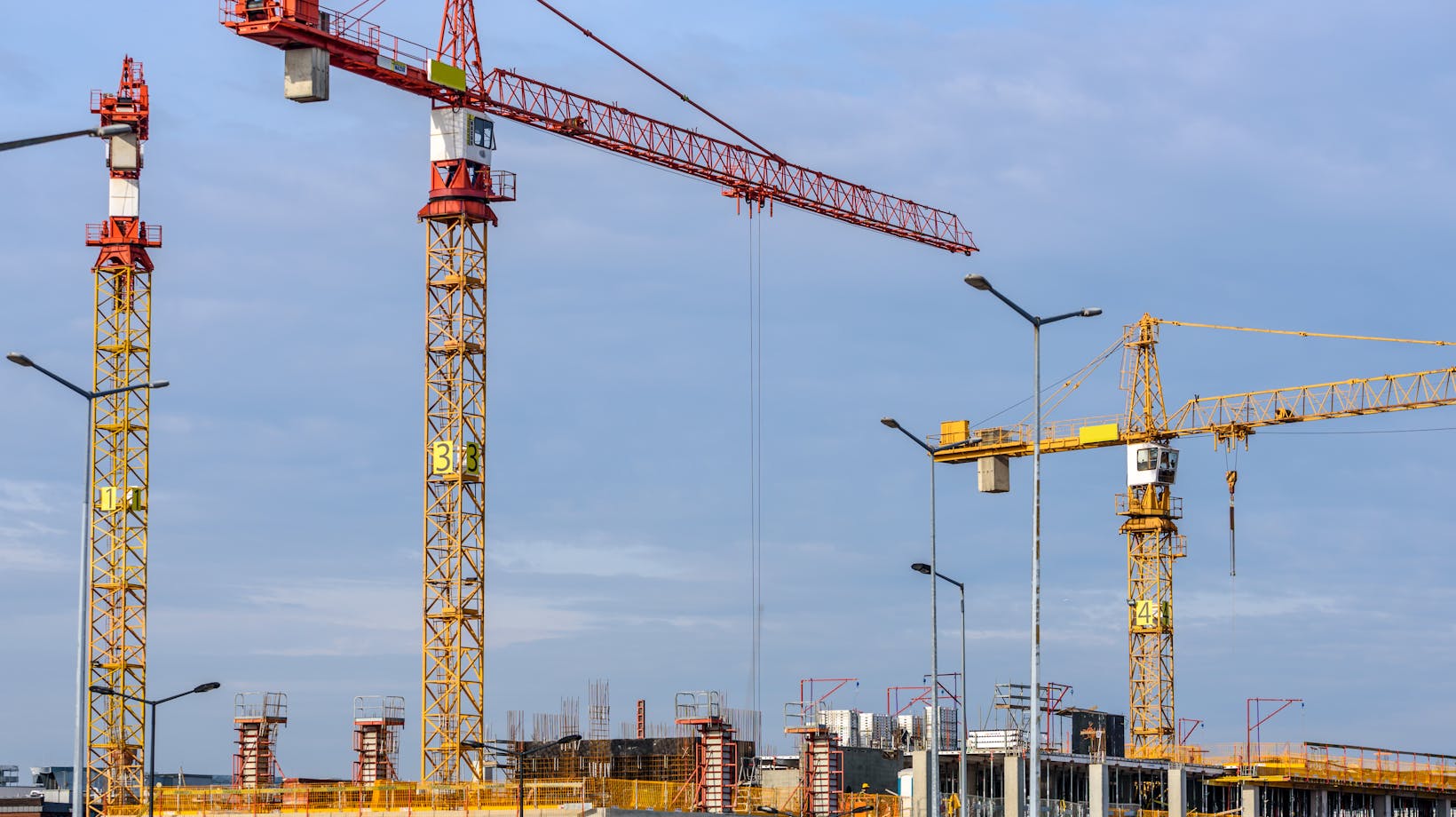In the world of construction, where precision meets creativity, there lies the challenge of constructing excellence. It is a delicate balance between meticulous planning and innovative execution that sets a construction management company apart from the rest.
But what exactly goes into achieving this elusive excellence? How can one navigate the complex landscape of construction projects and emerge with remarkable results?
In this discussion, we will explore the insights and strategies employed by a construction management company to tackle the intricacies of project planning, communication, workforce development, technology integration, and sustainable practices.
So, fasten your seatbelts as we embark on a journey to discover the secrets behind constructing excellence in the construction industry.
The Importance of Effective Project Planning
Effective project planning is crucial for ensuring the successful execution of construction projects. One of the key aspects of project planning is risk management. This involves identifying potential risks and developing strategies to mitigate them. By proactively addressing risks, you can minimize the chances of delays, accidents, and cost overruns.
Additionally, effective project planning plays a vital role in cost control. It allows you to accurately estimate project costs, allocate resources efficiently, and monitor expenses throughout the project lifecycle. By having a comprehensive understanding of the project scope and requirements, you can make informed decisions that help you stay within budget.
Enhancing Communication and Collaboration
Improving communication and collaboration is essential for successful construction project management. By enhancing teamwork and fostering innovation, construction management company can achieve higher levels of productivity and efficiency.
Effective communication ensures that all team members have a clear understanding of their roles and responsibilities, preventing misunderstandings and reducing errors. Collaboration, on the other hand, encourages the sharing of ideas and expertise, leading to innovative solutions and improved project outcomes.
Implementing tools and technologies that facilitate communication and collaboration, such as project management software and virtual collaboration platforms, can further enhance the effectiveness of these efforts.
Regular team meetings, clear communication channels, and open lines of communication between team members and stakeholders are also crucial for fostering collaboration and innovation in construction project management.
Building and Maintaining a Skilled Workforce
To build and maintain a skilled workforce in construction project management, it’s crucial to invest in continuous training and development programs.
 Attracting talent to the industry is essential, and one way to do this is by offering comprehensive training programs. These programs should cover a wide range of skills, including project planning, risk management, and communication.
Attracting talent to the industry is essential, and one way to do this is by offering comprehensive training programs. These programs should cover a wide range of skills, including project planning, risk management, and communication.
By providing employees with the opportunity to enhance their skills, you not only attract top talent but also retain existing employees. Additionally, these training programs should be tailored to the specific needs of the construction industry, focusing on practical skills that can be immediately applied on the job.
Leveraging Technology for Construction Excellence
By incorporating cutting-edge technology into construction processes, you can achieve unprecedented levels of efficiency and precision. The digital transformation has revolutionized the construction industry, enabling innovative approaches to project management, communication, and collaboration.
From Building Information Modeling (BIM) to drones and robotics, technology has brought about significant advancements in construction practices. BIM allows for the creation of virtual models that integrate architectural, structural, and MEP systems, facilitating better coordination and reducing errors during construction.
Drones are being used for site surveys and inspections, providing accurate data and enhancing safety. Robotics, on the other hand, are automating repetitive tasks, increasing productivity and reducing labor costs.

Embracing technology is essential for staying competitive and driving construction excellence. By leveraging digital tools and embracing innovation, you can streamline processes, improve project outcomes, and deliver exceptional results.
Achieving Sustainable and Environmentally Friendly Practices
Embrace sustainable and environmentally friendly practices to minimize the construction industry’s impact on the environment.
One way to achieve this is through green building techniques. Green buildings are designed to use resources efficiently and reduce waste and pollution.
Incorporating renewable energy sources, such as solar panels or wind turbines, can further enhance the sustainability of a construction project. These renewable energy sources can provide clean and renewable power, reducing reliance on fossil fuels and decreasing carbon emissions.
Additionally, implementing energy-efficient measures like insulation, LED lighting, and smart building systems can help conserve energy and reduce overall environmental impact.















